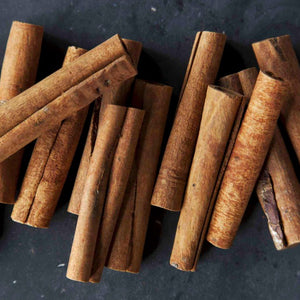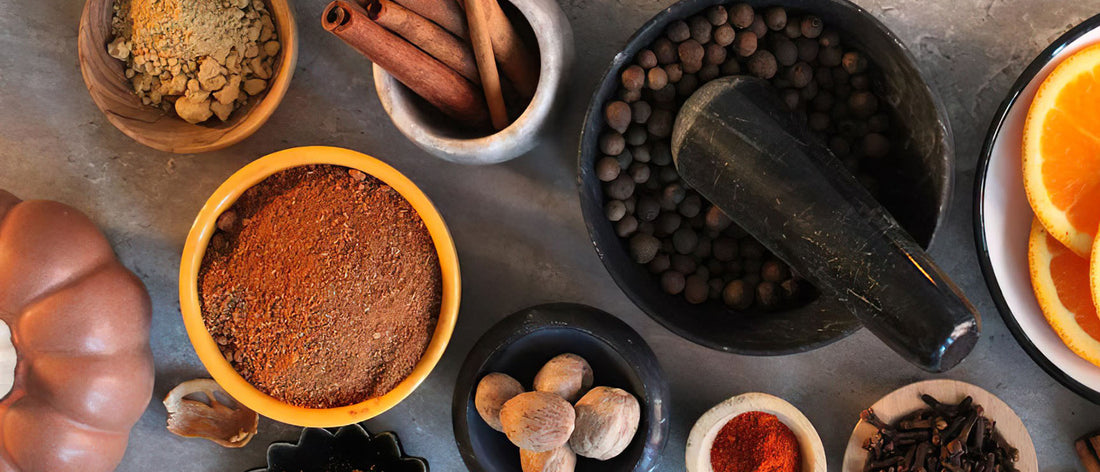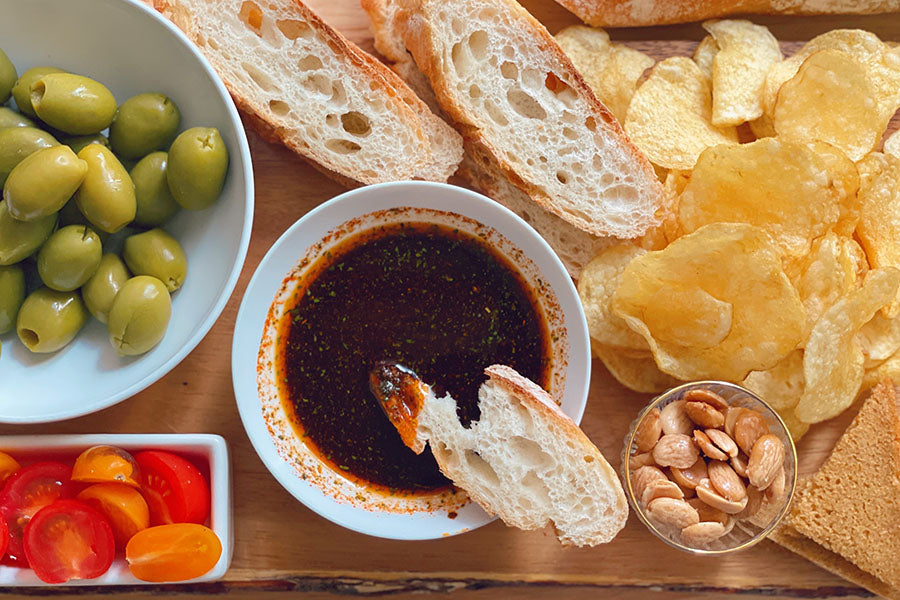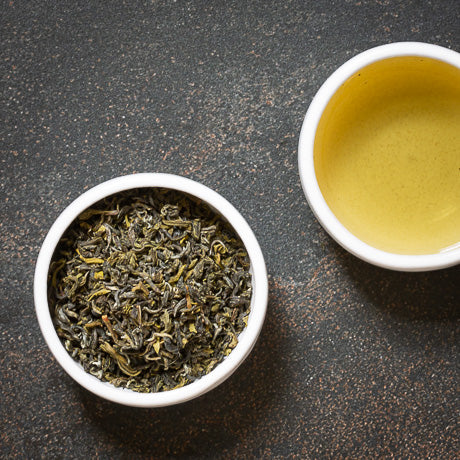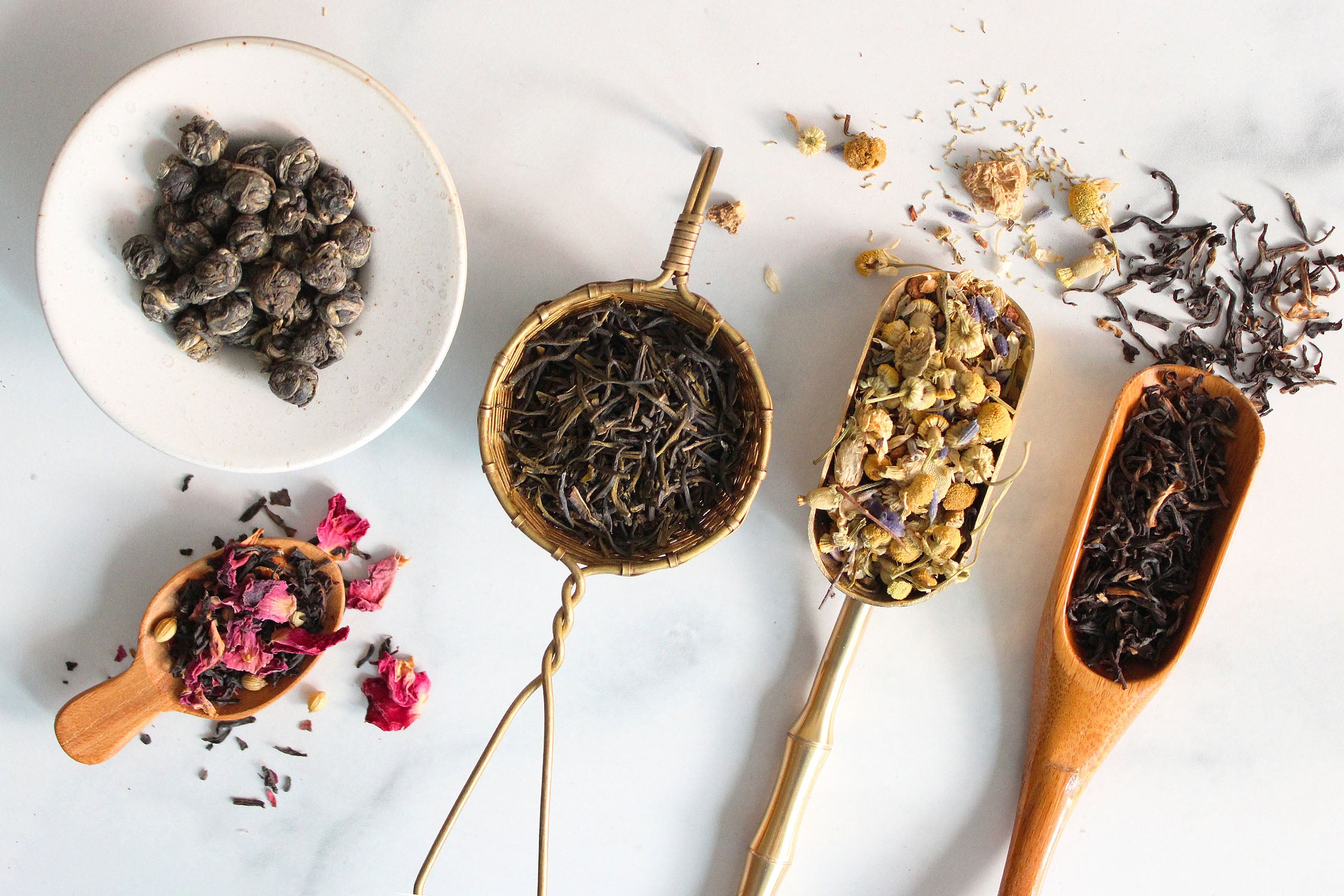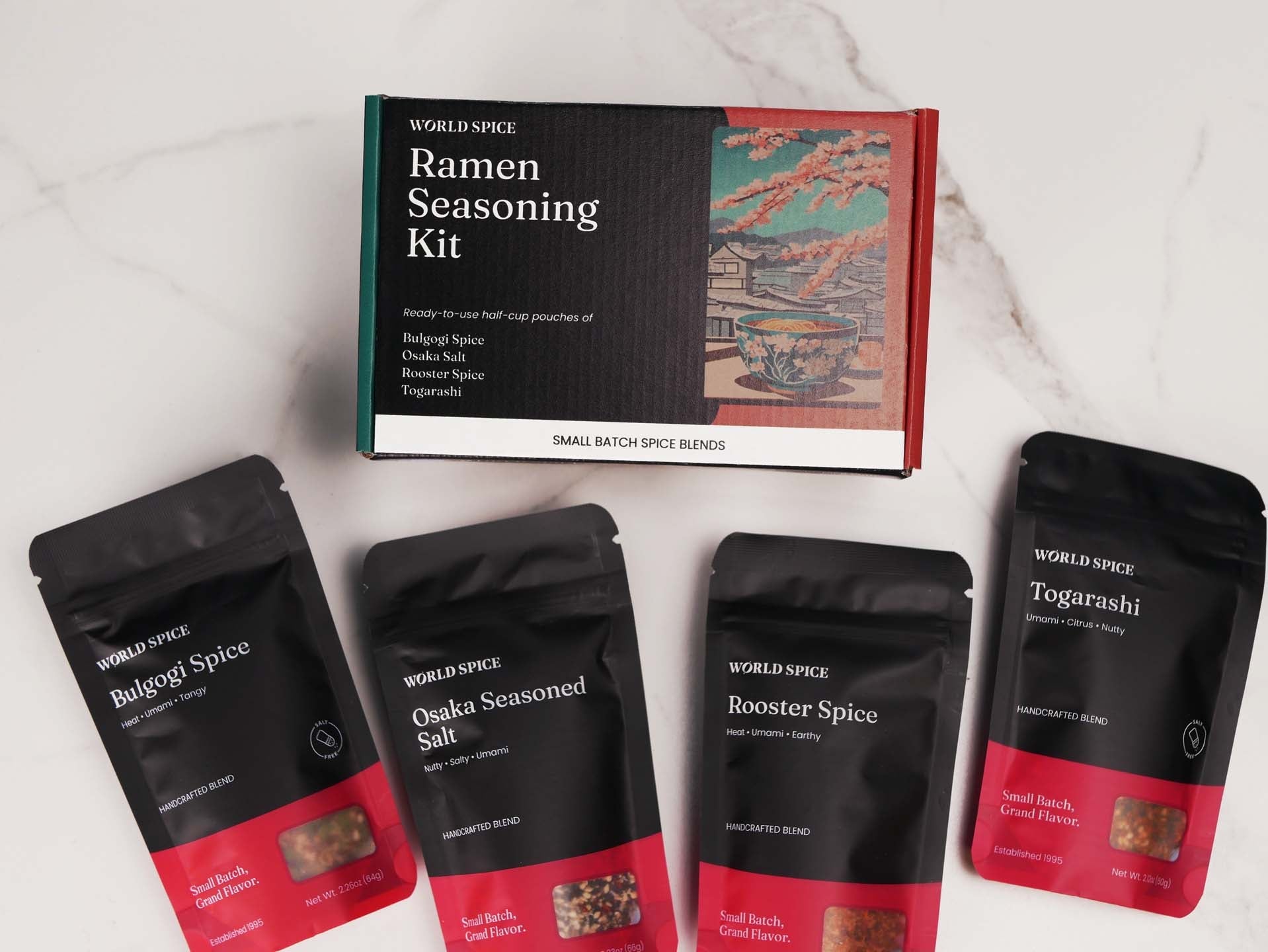From the Author: "Found in just about every corner convenience store all over China, this tea egg is a popular snack food that is also commonly served as an appetizer at formal banquets. Any Chinese red or green tea works well with this recipe, but do not use black tea, as it can make the eggs too bitter.
Marble Tea Egg
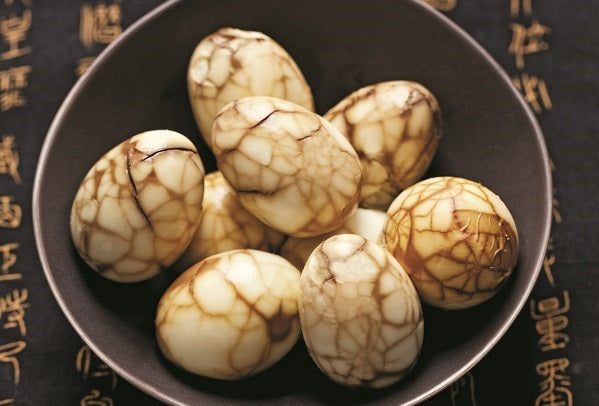
If you want to take the mystery out of Chinese cooking, then Phoenix Claws and Jade Trees by Kian Lam Kho is the book for you. Full of step-by-step basic cooking methods and techniques, this book also provides an excellent overview to ingredients that you might not be familiar with. Kian Lam Kho's recipes range from simple to more complicated, but all are well worth trying. This Marble Tea Eggs recipe is an example of one that is easy to make, and results in a spectacular dish when served.
From the Author: "Found in just about every corner convenience store all over China, this tea egg is a popular snack food that is also commonly served as an appetizer at formal banquets. Any Chinese red or green tea works well with this recipe, but do not use black tea, as it can make the eggs too bitter.
From the Author: "Found in just about every corner convenience store all over China, this tea egg is a popular snack food that is also commonly served as an appetizer at formal banquets. Any Chinese red or green tea works well with this recipe, but do not use black tea, as it can make the eggs too bitter.


